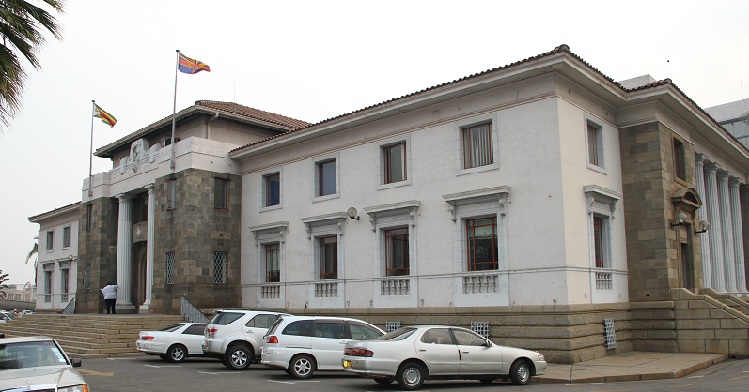Munyeza’s 10-point plan good, but . . .

Rufaro Mufundirwa Correspondent
The rand is South Africa’s currency and its adoption as a regional currency, as many suggest, will see the South African Minister of Finance being the regional minister taking control of monetary policies of the region. As Zimbabweans, we need our sovereignty.
In his “strategy paper” titled “10-Point Plan”, former African Sun chief executive and businessman, Dr Shingi Munyeza, recently proffered a mixed bag of advice to Government, some of which sounds decent while some of it has no place in our economy.
It was not a head-on clash as some papers reported.
Therefore, Government should sift through the paper with a view to picking ideas that are compatible with the national vision.
Dr Munyeza advised Government to, among others, cut its expenditure, commercialise some of the state-owned enterprises, move into the Rand Union and revisit indigenisation laws.
He also expressed his reservations on the introduction of bond notes.
The need to cut Government expenditure cannot be overemphasized.
Dr Munyeza did not invent a wheel on this one.
That call has been on the lips of everybody with a modicum of economic appreciation.
It is also the same prescription that the International Monetary Fund (IMF) gave to Zimbabwe. So Government has a number of measures at its disposal which it can take to cut its expenditure without necessarily engaging in a deliberate retrenching exercise as suggested by the businessman.
Zimbabwe has to rid itself of bloated institutions such as Parliament and Cabinet, which are among the largest on the continent.
The number of Members of Parliament is not commensurate with the population of Zimbabwe.
With a population of not more than 14 million, the august House has a total of 350 parliamentarians, some of whom, especially in urban areas, are duplicating duties of councillors.
It is not known if the people are being represented better than in 2000 when we had about 150 MPs.
There are countries that have bigger economies and populations but are represented effectively by a small parliament.
So is our Cabinet. There are ministries that can be merged.
For instance, we can have one ministry responsible for the country’s education as a whole.
That ministry can take charge of the country’s culture, sports and the psychomotor aspects of our children.
Not to say the unbundling is not good but it is the timing that is worrisome.
The eradication or reduction of corruption can also reduce Government expenditure.
A case in point is that of Zesa Holdings, where the Minister of Energy and Power Development directs Zimbabwe Power Company (ZPC) and Zimbabwe Transmission and Distribution Company (ZTDC) to hire his cronies’ company for media campaigns when there is a whole internal public relations department that is drawing full salaries.
Hopefully the Public Sector and Corporate Governance Act will be able to deal with the scourge of corruption within the public sector.
Parastatals are draining the fiscus instead of being sources of Government funding.
On top of that, the executives of these Government enterprises draw obscene salaries and perks.
It is strange that one sees state-of the-art fuel guzzlers parked in the bay of a dying parastatal.
The turnover at these parastatals is not even enough to pay these executives and their employees.
This is the reason why workers at some of these entities have gone for months without salaries. Do we really have to keep such people or even these loss making parastatals?
That’s far this writer agrees with Dr Munyeza.
However, the randification issue he talked about is a non-starter.
I would prefer a regional independent currency in the mould of the European Union’s Euro.
The rand is South Africa’s currency and its adoption as a regional currency, as many suggest, will see the South African Minister of Finance being the regional minister taking control of monetary policies of the region. As Zimbabweans, we need our sovereignty.
Dr Munyeza added his voice to the chorus of resistance to the introduction of bond notes.
So much has been written and said about the rationality of introducing bond notes.
We expect enlightened business people like the learned doctor to separate emotions from real issues for the sake of national interest.











Comments